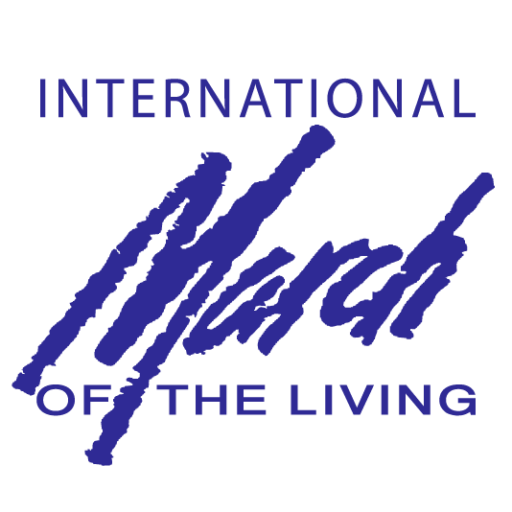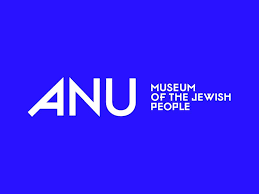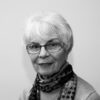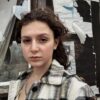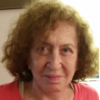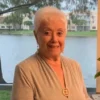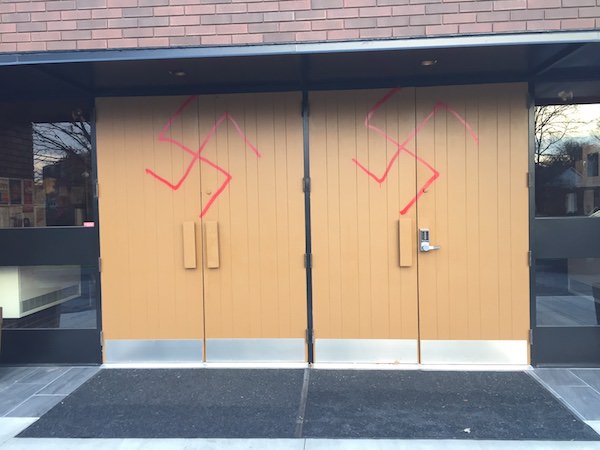
Arielle Zelikovitz, a Grade 11 student at Sir Robert Borden High School, attended the sentencing hearing for the young Ottawa man convicted in the series of anti-Semitic, Islamophobic and racist graffiti attacks that shocked the city last November, and offers these thoughts.
It is quite upsetting to watch the news and, on a regular basis, see reports of anti-Semitic and racially motivated attacks taking place in Europe, Israel, and other parts of the world. In November 2016, this unfortunate reality hit all too close to home when a series of hate crimes took place in Ottawa, the majority of those attacks targeted the Ottawa Jewish community, but also our city’s Muslim and Christian communities.
I attended the defendant’s sentencing hearing last month, not only as a concerned member of the Jewish community, but as a student who has participated on the March of the Living. My journey to Poland and Israel in 2016, travelling with fellow students and a number of incredible Holocaust survivors, gave me a heightened sense of responsibility to speak out against others being persecuted. The Holocaust, as we all know, was one of the most horrific encounters of anti-Semitism that the Jewish people have ever faced.
The defendant, a youth close to my age, not only vandalized Jewish and other religious buildings throughout the city with swastikas, he also spoke openly and positively about Hitler. These events that took place in my own community are a reminder to us all that anti-Semitism, as well as hatred for other religions, is still present in today’s society, even in a country as diverse and peaceful as Canada.
When my mom told me about the trial, I was instantly interested in attending. Not only because I thought the courtroom experience would be fascinating, but I felt it was important to show my support for the community. Since my experience on the March of the Living, I have realized that strength is found in numbers.
While my appearance may not have meant a lot to the defendant, I believe my presence was an important way to show the impact that his actions had on our community. When I refer to our community, I do not just mean the Jewish community. A church and a mosque were vandalized as well. Hearing the impact statements from members of the different religious groups helped put into perspective the similar concern that other members of our community – not just the Jewish community – are facing. We were all made to feel unsafe in our own community.
Sitting in the courtroom, listening to others speak about how these crimes of hate impacted them, I began to realize how difficult it must have been for Elly Bollegraaf, a Holocaust survivor who was sitting in my row. Elly was strong enough to speak up and provide her own impact statement, describing how the offender’s acts of anti-Semitism brought her back to a time and place that was simply unthinkable.
Listening to Elly made me wonder how one could possibly continue to have such hatred for others. It is not that I am naive, but rather, that I fail to understand where such irrational hatred comes from. Elly’s impact statement was not only extremely emotional for me to hear, it also allowed me to learn a crucial lesson. She reminded me, and our entire community, how important it is to stand up and not remain silent in the face of hatred. I admire her courage and think it should be a lesson for all of us to remember that we must speak out publicly against such hatred and that we must, as human beings, ensure that what happened during the Holocaust never happens again.
Originally published HERE
